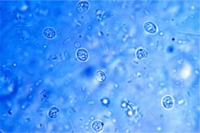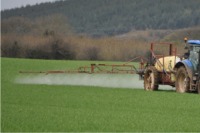Mid-West Records High Rate of Cryptosporidium Outbreaks
Just as we learn that a serious outbreak of cryptosporidium has occurred on a local farm this month, April 2022, we are also learning from the Mid-West Department of Public Health that the region recorded 121 outbreaks in 2021 alone. This is three times higher than the previous year and now means the Mid-West has one of the highest rates of cryptosporidium outbreaks in Ireland. The Mid-West Dept of Public Health is advising members of the public, particularly those on or around farms and rural areas, to test and treat their water supplies if they are using well water, in order to reduce the risk of of cryptosporidium infection. They also advise people on or near farms, particularly dairy farms...



